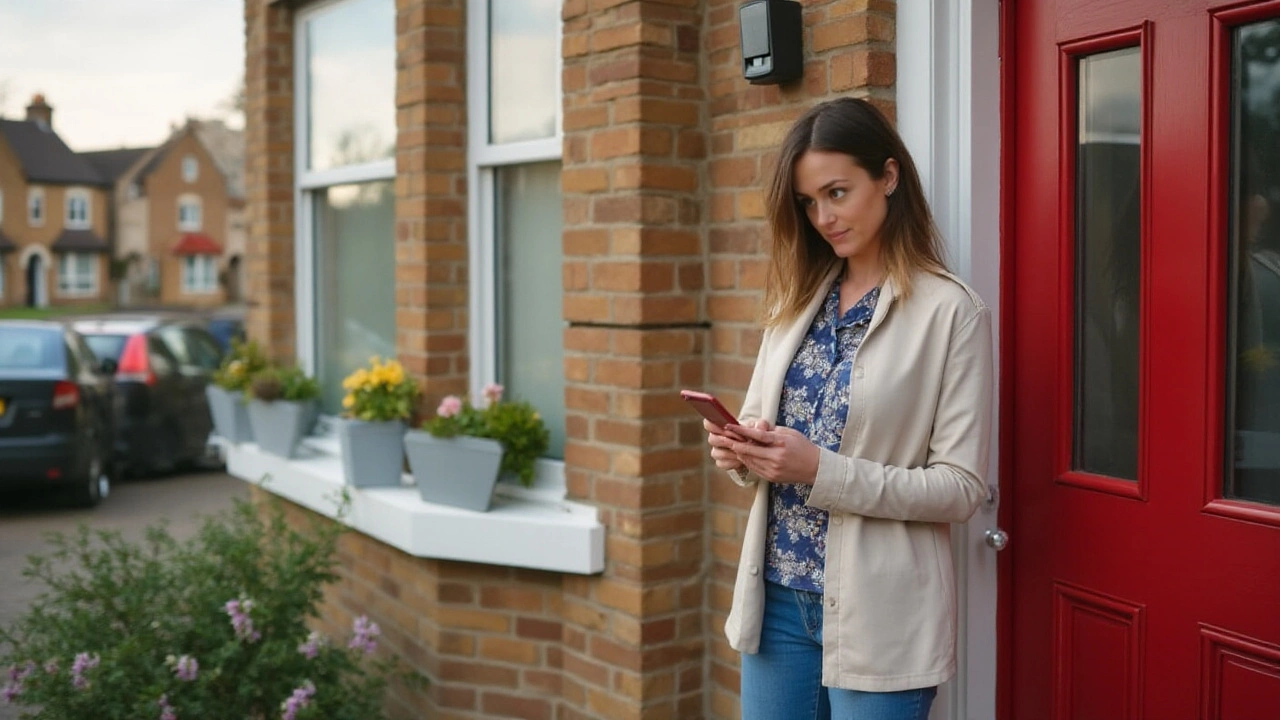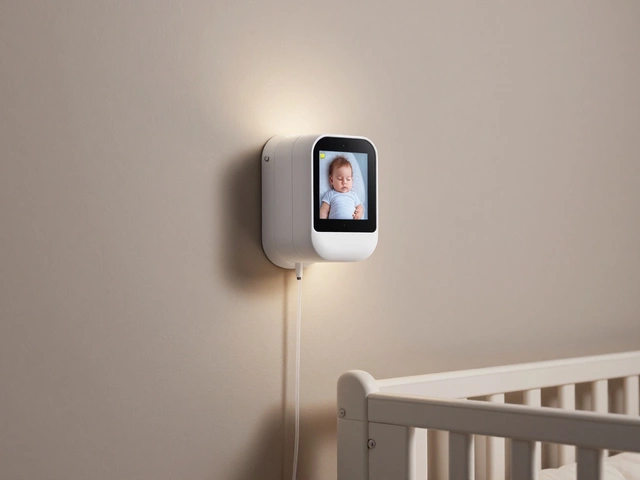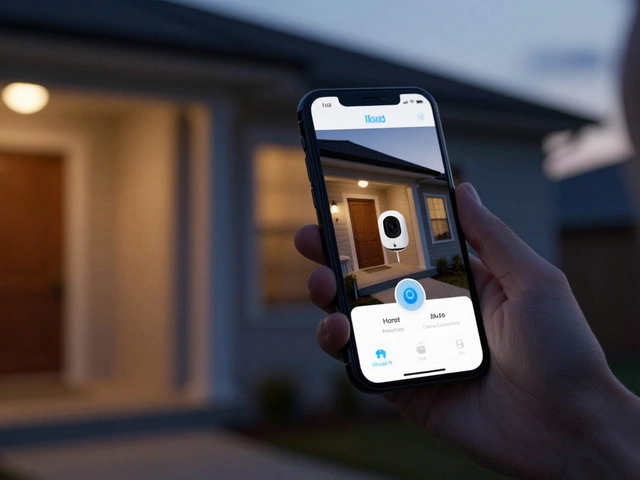UK Home Security: Practical Tips and Latest Guides for 2025
Feeling a bit uneasy about keeping your home safe? You’re not alone. In the UK many households are adding smart tech, upgrading alarms, and tweaking simple habits to stop burglars before they even try. Below you’ll find the most useful advice from our recent articles, all written for everyday people who just want peace of mind.
Smart Devices That Boost Your Home’s Safety
Video doorbells are the front‑line defenders for most UK homes. Our guide on Do Smart Doorbells Need Wiring? shows that both wired and battery‑powered units work, as long as you match the voltage to your transformer. If you live in a period‑property where running new cables is a pain, a battery‑doorbell can be a solid choice – just remember to check the battery life (most last 6‑12 months).
Indoor and outdoor cameras have also become cheaper. The article How to Choose the Best Home Security Camera recommends picking a camera with 1080p resolution, night‑vision, and local storage. Local SD cards avoid monthly cloud fees and keep footage safe if your internet goes down.
Motion sensors are another cheap upgrade. Our Best Motion Sensors for Home Security piece explains the difference between PIR (infra‑red) and microwave sensors. PIR is great for windows and doors, while microwave covers larger rooms. A dual‑tech sensor gives you the best of both worlds, reducing false alarms caused by pets.
Choosing the Right Alarm System for UK Homes
Not every alarm needs a landline. In Can a Home Alarm Work Without a Phone Line? we break down how cellular‑backed systems talk to the monitoring centre over 4G/5G. If you already have broadband, many providers let you pair the alarm with your Wi‑Fi, but be aware a dead internet link could delay alerts.
Big names like ADT charge a monthly fee for monitoring. Our ADT Monthly Fee Explained article shows the typical cost (£25‑£35) and what you actually get – a control panel, professional response, and optional extras like smoke detection. If you prefer a DIY approach, SimpliSafe alternatives are covered in Home Security Systems Better Than SimpliSafe, where we compare pricing, app control, and contract flexibility.
Before signing up, ask yourself three questions: Do you need 24/7 professional monitoring or will you handle alerts yourself? Is your home wired for power or will you need battery backups? And finally, what’s your budget for upfront equipment versus monthly fees?
In short, a solid UK home security plan mixes a reliable alarm, at least one camera at the front door, and a motion sensor in the most vulnerable room. Pair these with simple habits – lock doors, trim hedges, and keep lights on at night – and you’ll be hard to break into.
Got a specific question? Browse the articles below. From Ring doorbell battery life to legal issues with neighbour privacy, we’ve got a short, clear answer for everything you need to know about protecting your UK home.



